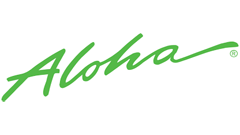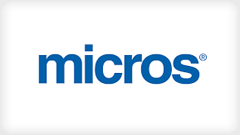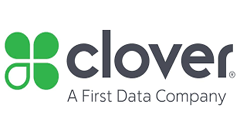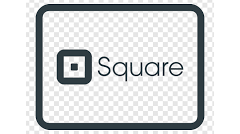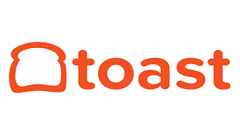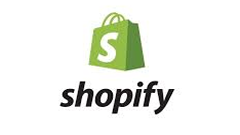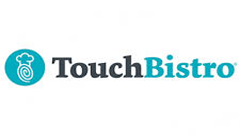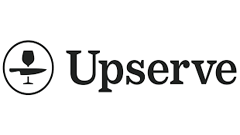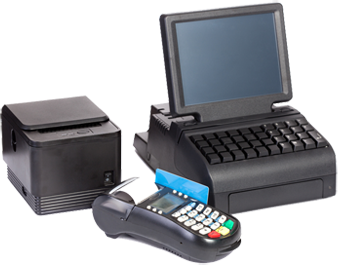A POS lease is a contract conveying the POS system to you for a specific period of time in consideration of rent. The POS System is owned by the lessor and you make payments to the POS leasing company. It may be financed by a subsidiary of the vendor, manufacturer or a finance company that specializes in POS leasing.
POS System Lease vs Buy
To determine whether a POS system lease is in your best interests, you need to know the outright purchase price of the POS equipment you're leasing. Determine what it will cost you to borrow that amount. But before you compare the loan costs against the POS lease, strip the monthly maintenance fee out of the monthly POS lease payment. Monthly maintenance fees are usually included in most POS lease payments. Finally, know the business tax effect. Business expenses are applied differently when buying vs leasing a POS system.
Reasons to Lease POS
- Your business is short on cash or you want to conserve cash
- Sometimes the interest rate used to calculate the POS lease payment is lower than you would pay for a loan, because the manufacturer is trying to encourage POS equipment leasing
- You may be able to get “more POS” than you could afford to buy
- You don't have to be bothered with selling the POS equipment when you're done with it; the lessor takes it back and is responsible for it
- When leasing a POS system, you pay only for the period of time you expect to use it. Since you're only paying for a part of the life of the asset, payments may be lower than they would be for a loan
- Most leases are structured so the entire payment is an immediate business deductible expense. If you purchase the POS, you have to capitalize and depreciate the asset, which may mean a slower recovery of your costs
- If a lease is operating, no liability normally needs to be recorded for the future payments due, and you don't have to pay all the cash up front, which tends to improve your ratios of assets to liabilities
- Most POS system leases include maintenance and other services in a single price
